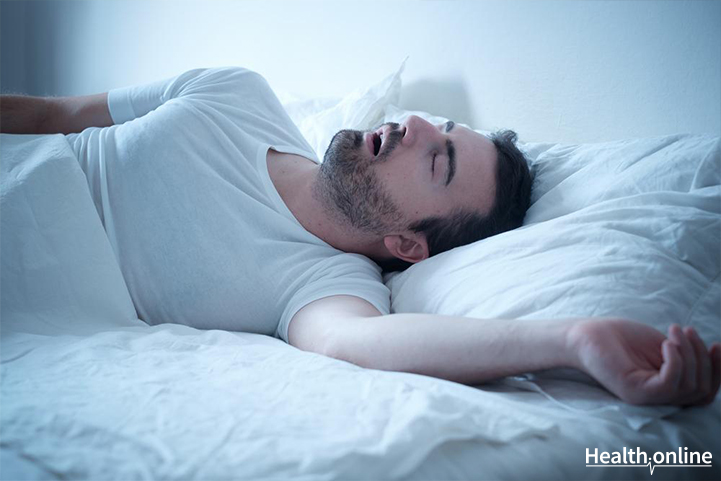
Does Snoring Affect Your Mental Well being?
Most people find snoring to be an embarrassing annoying side effect of sleep. Not only does it disrupt your sleep, but your partner’s sleep as well. However, before you think of it as harmless, ponder on this – those who snore due to severe sleep apnea have a 40% higher risk of early death than their peers.
Recommended Read: Seniors and Sleep: What You Need to Know
Sleep apnea can cause you to constantly wake up during the night, snore loudly, and create disturbances in your dreams. The situation can turn life-threatening, as it interferes with the supply of oxygen to the brain.
Snoring is the vibratory effect of the air passages caused due to obstruction of breathing while sleeping. Snoring is connected to severe health issues from heart disease to mental health disorders like depression , anxiety, bipolar disorder or ADHD.
Needless to say, it is crucial for you to treat your snoring problem as soon as possible. Read on to learn about simple snoring solutions, that will help you get rid of the habit of snoring during sleep.
Change your sleeping position
One of the best snoring solutions is changing the way you sleep. Sleeping on your back makes the base of your tongue and soft palate flop to the back wall of your throat, which generates a vibrating sound called a snore. Sleeping on your side prevents snoring.
If sleeping on your side is an issue, use a full-length body pillow. The pillow helps you maintain your sleeping position with ease.
Reduce your weight
It doesn’t mean thin people don’t snore. However, if you are overweight, you are more prone to snoring. If you didn’t snore before gaining weight and do so now, then losing excess weight could help. If you gain weight around your neck, the internal diameter of your throat reduces, making it more likely to flop when you sleep – causing a snore. Reducing your weight is thus a simple snoring solution to curb snoring naturally.
Recommended Read: 6 Tips to Get Lean and Lose Weight
Avoid Drinking
Alcohol and sleeping meds tend to diminish the latent quality of the muscles in the back of your throat, causing snores. If you drink alcohol 4-6 hours before you sleep, your snoring may become worse. So avoid drinking for hours before you sleep, to prevent snoring.
Maintain good sleeping habits
Not sleeping well or enough can have the same effect as drinking alcohol. Working extended hours deprived of sleep would mean you are overtired when you finally go to sleep. You tend to sleep deeply making the muscles floppier, which leads to snoring. So sleeping well is an effective means of preventing snoring.
Open your nasal passages
For those who snore because of a snore block, keeping them open may help you avoid snoring. If the snoring persists, doctors may recommend nasal dilators, nasal sprays as well as nasal strips. These solutions help in increasing the nasal gap, thus reducing the vibration produced while sleeping. You can consult your physician and get advice regarding the usage of these simple snoring solutions in the most efficient way.
Change your pillows
Allergens on your pillow or ceiling fan in your bedroom can aggravate your snoring. The dust mites that collect on your pillows can create an allergic reaction that leads to snoring. Similarly, sleeping with pets would mean you inhale animal dander, which is another irritant. To get rid of animal dander and dust mites, wash your pillows in the air fluff cycle once a fortnight, and change them every six months.
If you follow these simple snoring solutions, you may get rid of snoring entirely or at least reduce its occurrence. However, if the aforementioned solutions do not improve your condition, then you must seek a physician and get proper treatment for snoring and other sleep disorders. In general, the key to dealing with snoring is following appropriate sleep hygiene and getting treated as early as possible in case of severe snoring.
Keep yourself updated with the latest on Mental Wellbeing . Like us on Facebook and follow us on Twitter for more on Health , Diet & Nutrition and Healthy Aging . Also, check out our Health Tools and try out our health-related Quizzes .




